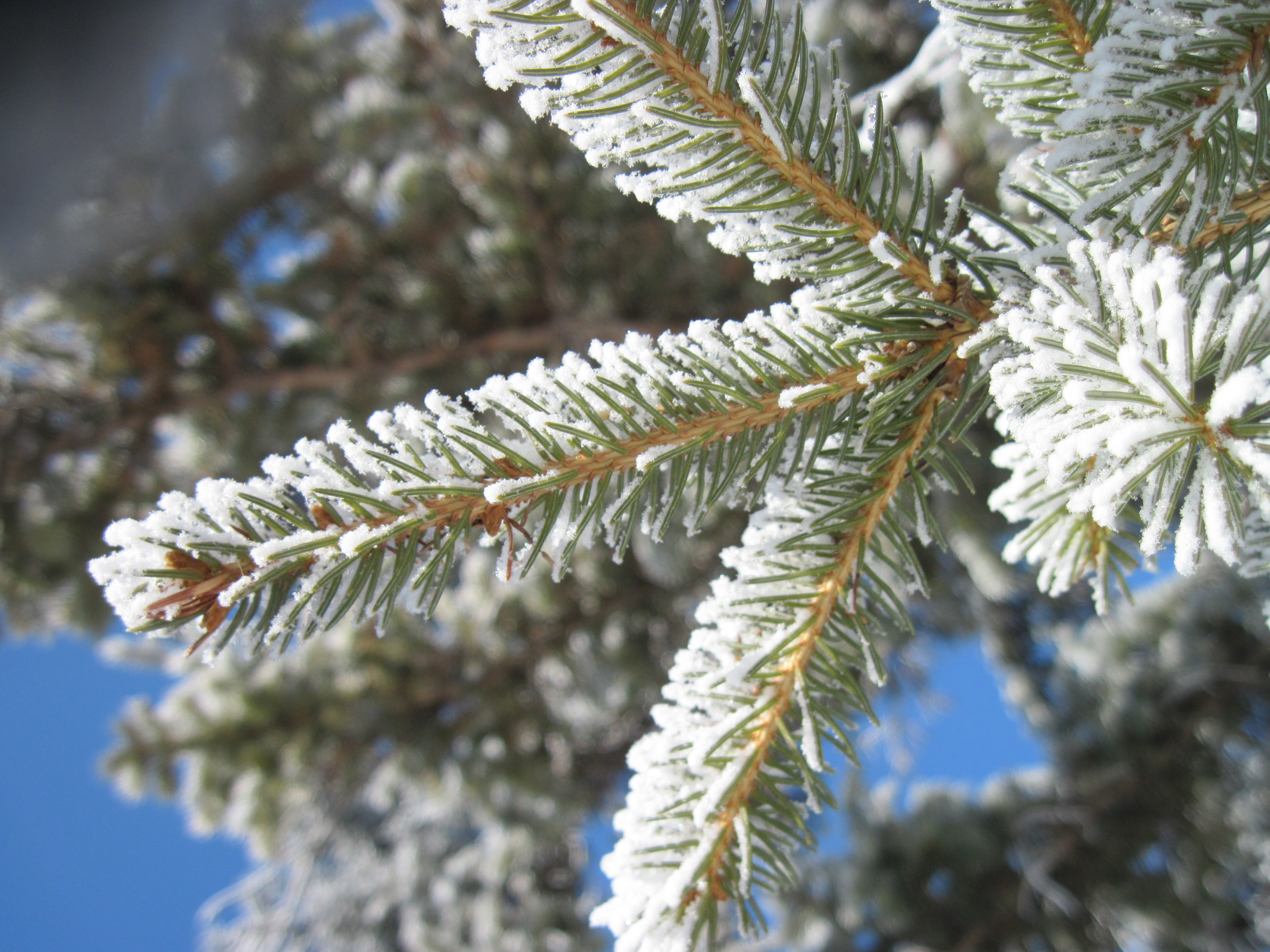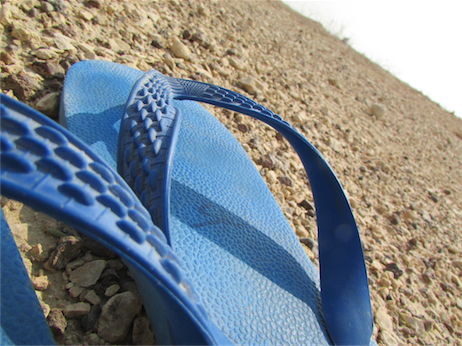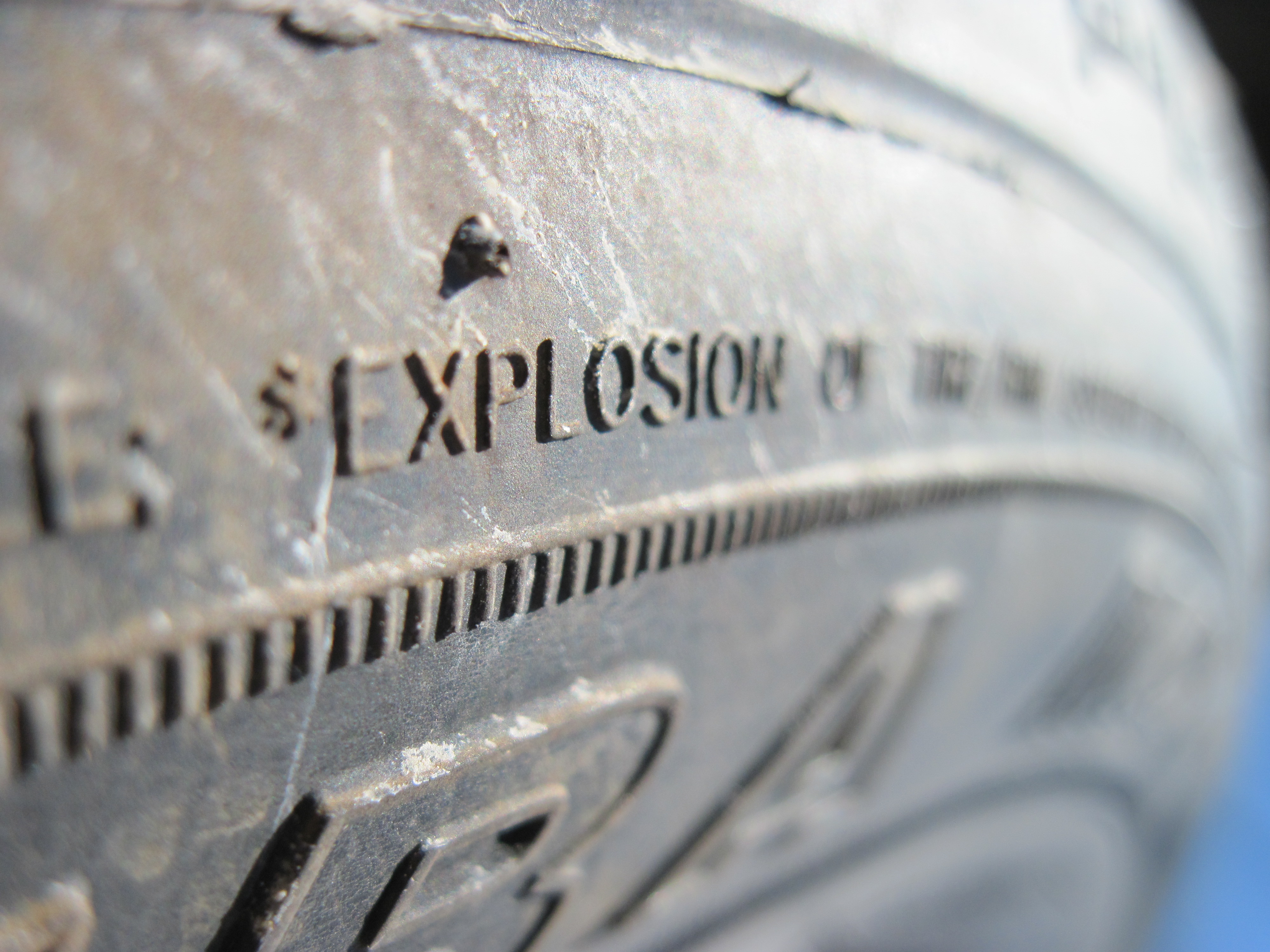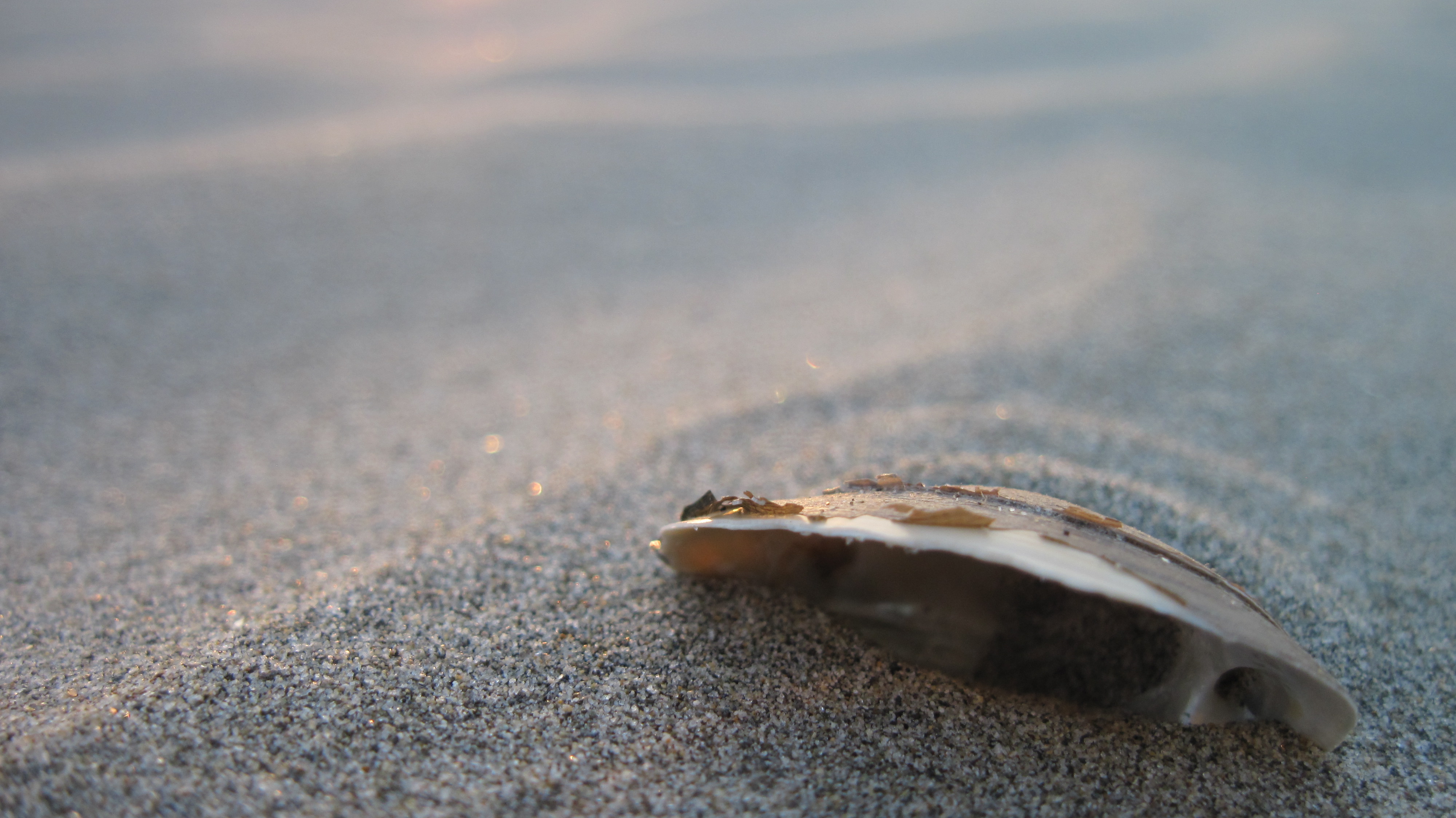Today I’m sick. I’ve been sick the past couple days, but today I feel especially sick, because I’ve done nothing. So far I haven’t left the house, and I don’t really intend to before I go to sleep tonight. I feel like I’ve spent all day just going to the bathroom. I think that annoys me more than anything else. My throat hurts, so I drink tea. Then I may gargle some salt water, which I may mix with baking soda to try to fight a canker sore I have. Then I’m thirsty, so I drink water. Then I sit down to read. I cough a little, my throat hurts, and so I drink some more water again. Bathroom. Refill bottle. Read. Feel tired again. I want to sleep but my brain doesn’t turn off. Tea again. Eat something, which hurts. Drink water. Brush teeth. Gargle salt and baking soda. Drink water. Bathroom.
I’ve spent time pondering useless questions in amongst all this. Is it better to gargle before or after I brush my teeth? Should I just stop drinking so much water? Am I just drinking it because it’s there, or do I actually need it? How much tea should I be drinking? I’ll have to drink more water to make up for the tea I’m drinking, since it dehydrates me. I don’t want to be drinking tea all the time. Should I try to sleep, or will that just make me sleep less tonight? Why have I woken up twice really early in the morning and had a hard time going back to sleep again? Should I feel like a sissy for not doing anything yesterday and today, or is this what I should be doing if i want to get better? Why is anything that’s not warm feel so cold? Why is there no perfect way to sit on a bed and lean on a pillow against the wall? What a drag.
I miss having family around. If only I had someone to hug. But then I would make them sick. Never mind then. I’m happy being alone, I guess. I would hug someone who was sick, if I wasn’t, but that’s because I have an underlying pride complex in which I think I’m immune to sickness. I know that I can get sick, but I rarely do, so I don’t really take precautions around sick people. I guess that’s partly why being sick annoys me so much. This isn’t supposed to happen to me. I’m supposed to watch other people feel sick, be glad I’m not, and feel sorry for them! I’m the person who brushed his teeth with tap water in Pakistan because I figured a little dose of germs on a regular basis could probably be helpful. Sometimes I would have a little drink too, if I was thirsty before going to bed and couldn’t be bothered walking down to the water cooler at the end of the hall. Over Christmas I jumped eight feet down onto a concrete floor in my bare feet, thinking…(I’m not really sure what I was thinking, or if I was thinking at all) that I would just bounce? It took weeks for me to be able to put pressure on my foot normally. When I got back to Canada I played frisbee with my room-mate in the snow for fifteen minutes, wearing snow pants and a t-shirt because it felt pretty warm. I mean, it’s just snow. When we finished, I came inside to lie in my bed, curled up a ball, and moan in pain, clutching my arms to my body as I felt the warm blood pulsing through the veins in my numb forearms and fingers — a dull, burning pain tracing through my skin. It hurt so much that I was feeling pain in my stomach too, as if I’d been punched in the gut. And that’s just from Christmas until now. I’m an idiot. I assume my body will just take anything because, so far, I guess it has.
I’m pretty sure the sickies I am feeling now are all stress and tiredness induced. It seems a lot like my yearly sickies that I would get in high school, just after exam time and as soon as break had started. But this time I feel like I have no real reason to be sick, since I haven’t been overwhelmingly stressed or tired. Yes, I’ve had some late nights, but I was getting plenty of sleep, feeding myself well and balancing my homework. It just feels like a completely uncalled for sickness. But I guess it really doesn’t matter what caused it — only that now I’m reduced to floating between my bed and the couch in the living room, cloaked in my grey shawl. And of course, to the bathroom. Again and again, and again.




